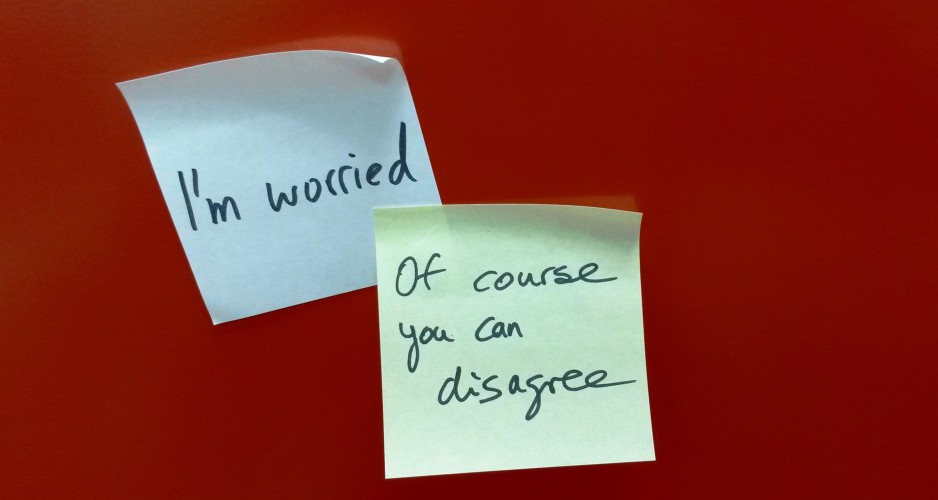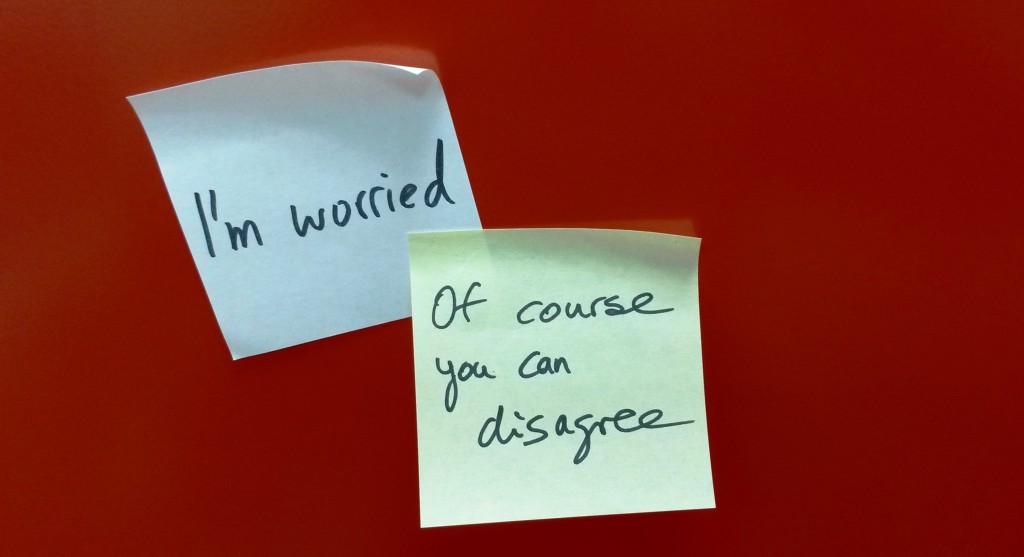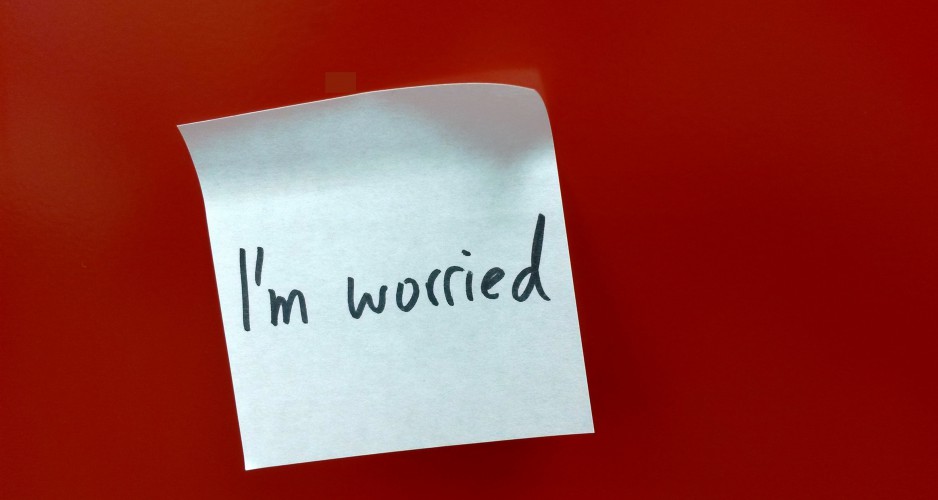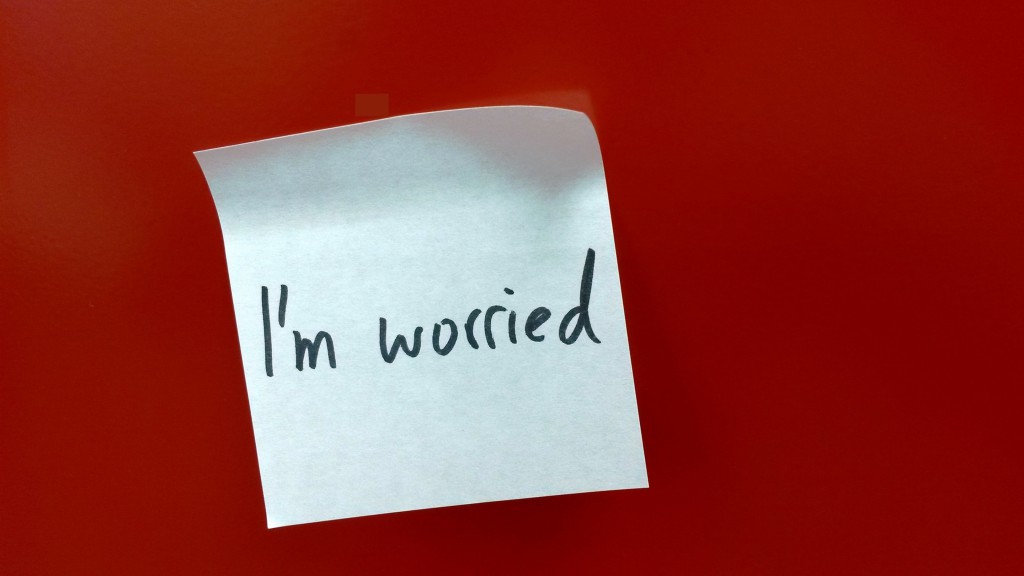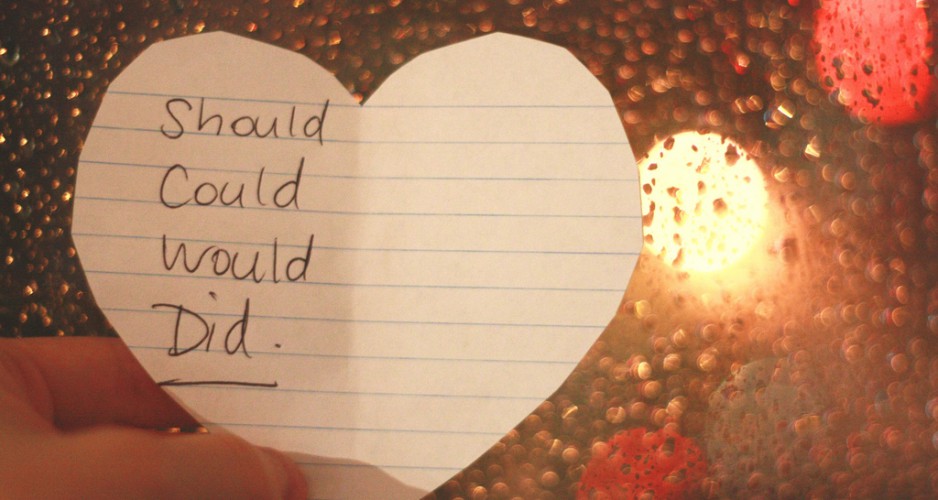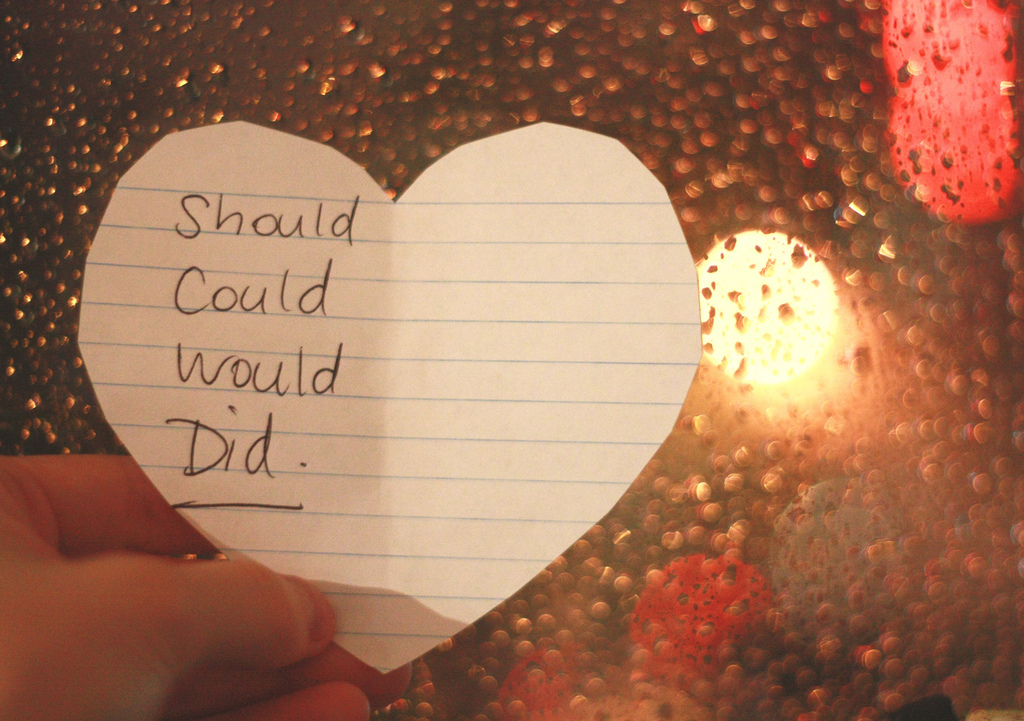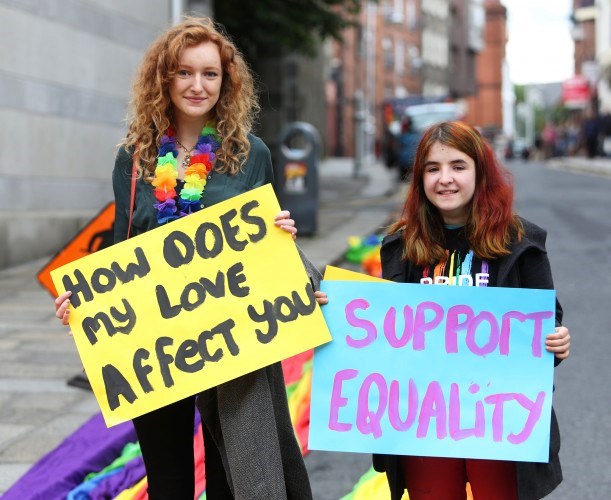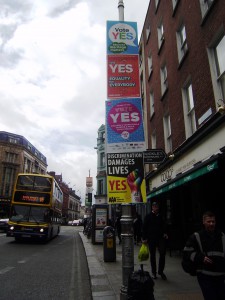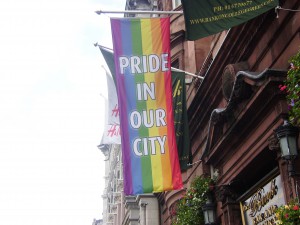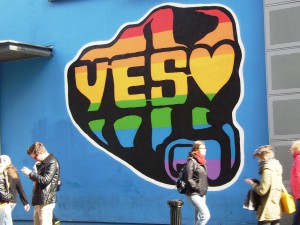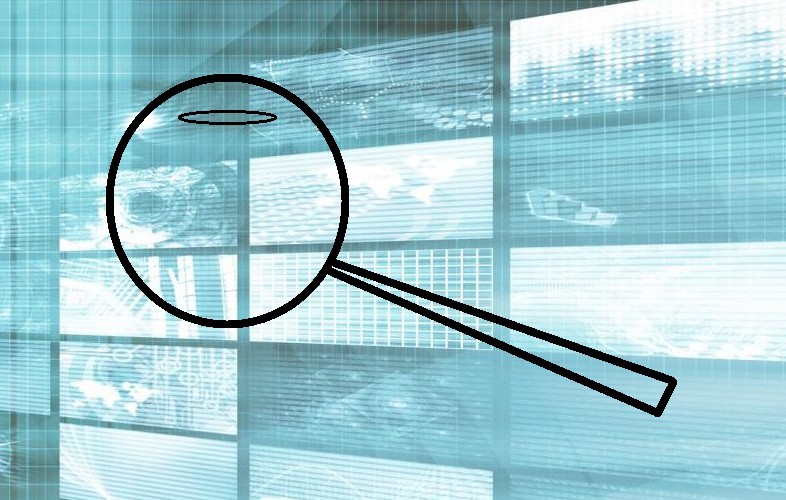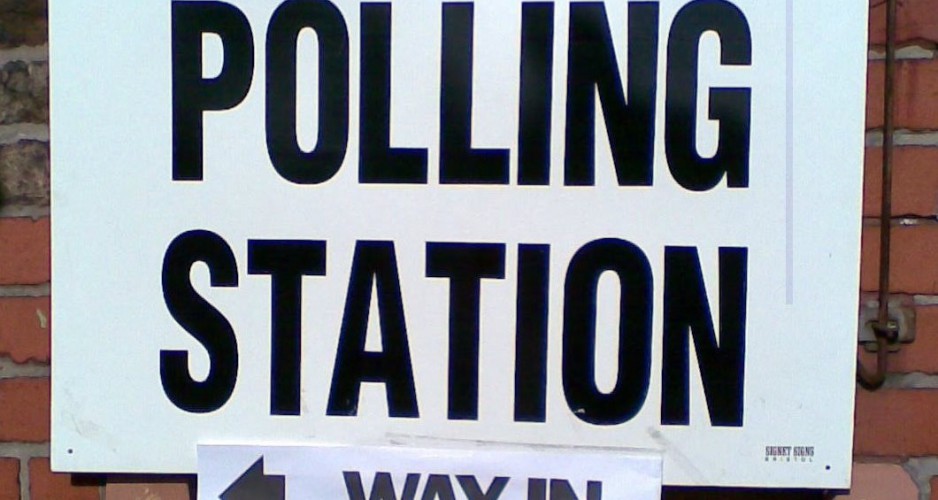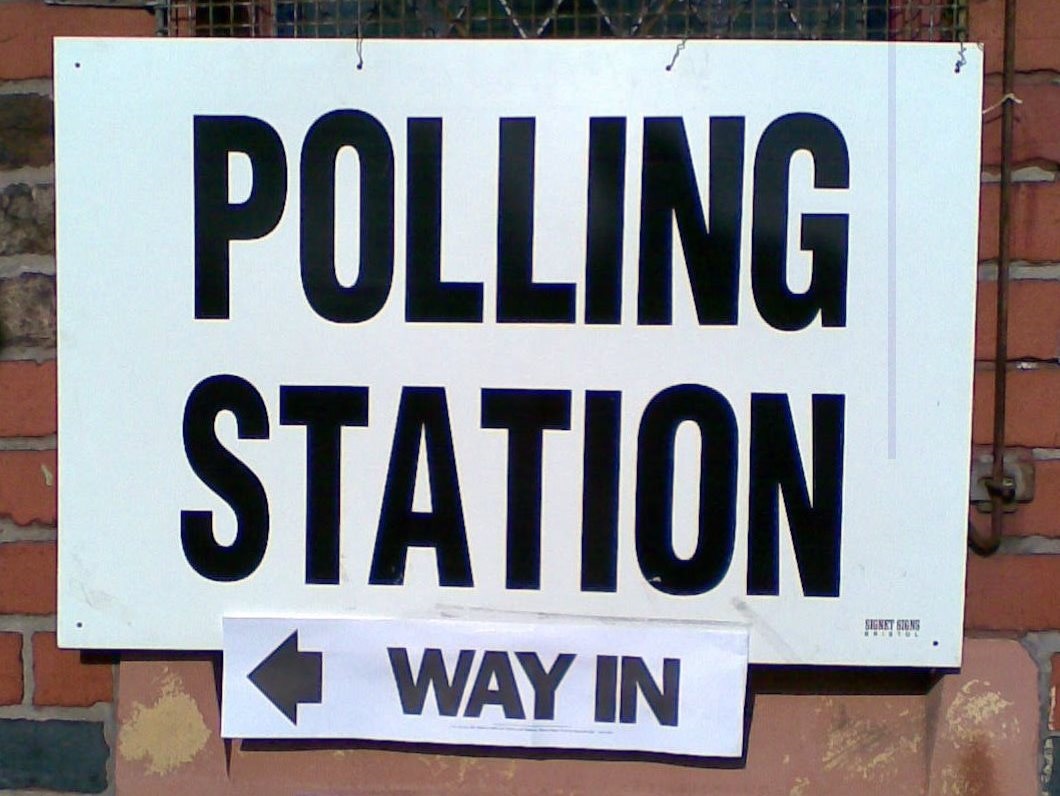I am worried that some of us who are for the traditional family, for honesty, loyalty, personal sacrifice, modesty and respect in marriage and relationships may be considered outlandish by those who just want to tear down frontiers for the sake of immediate pleasure, and “redefined” progress of society. I do not agree that those that are for full human dignity, for the right to life from the moment of conception to the moment of natural death might be in any way diminished in their right to exercise their choices and to promote them in schools, media, politics, just because “progressive” laws have been approved that allow professionals to euthanase or make abortions to people in their care.
I am appalled that some people are so much in favor of the protection of animals (me too, I myself have a German shepherd dog, which I dearly cherish and value) but these same people can be simultaneously in favour of the abortion holocaust. Abortion is no contraception method. How can we defend an animal and not a human being? Euthanasia has become lawful in Holland, and not just there. It is allowed when infants suffer from sickness that causes stress and suffering to their parents… so, the decision is given: the child’s life is to be ended! I personally know a child that used to have breathing problems in his early years; this naturally caused suffering to his parents. He is now a healthy, lively eight year-old boy.
I am terribly apprehensive that only little action is taken against the persecution of Christians or to understand the why of the boat immigrants.
I wish for a Europe where those that respect God, those that are for conservative or politically incorrect views, feel Europe is their home, not a foreign country where they have a smaller voice or become ghettoed in political decisions and law making. I wish we have a Europe where the concept of hate crimes against a specific group, be it of religious or gender or ethnic origin, has no place, because the common law against robbery, rape, damage of any sort, applies to everyone. The same crimes, the same penalties under the law. Being a white person does not make you a person of less importance than a person of another race, the same if you are a Christian and not a Muslim, a man and not a woman, a hetero and not a homo… Defamation is defamation, robbery is robbery, rape is rape, no matter who the victim was.
Well, of course you can disagree. But the fact that someone disagrees does not give him/her the right to minimize the other person’s point of view or resort to mockery or ridicule as I see some people are doing because they are irreligious or too liberal to be tolerant towards minorities or unfashionable points of view.
About the author:
 Teresa Fernandes is a teacher in Lisbon, Portugal.
Teresa Fernandes is a teacher in Lisbon, Portugal.

